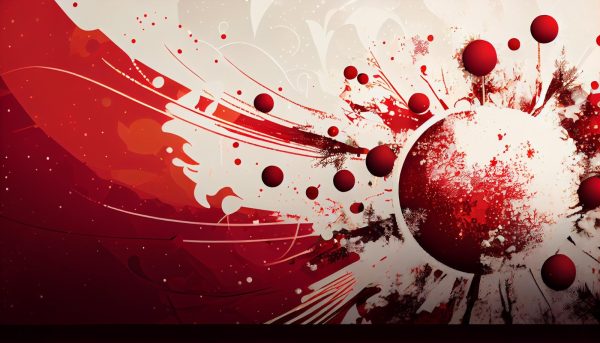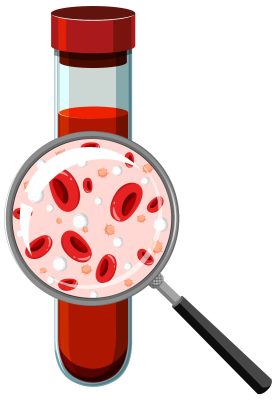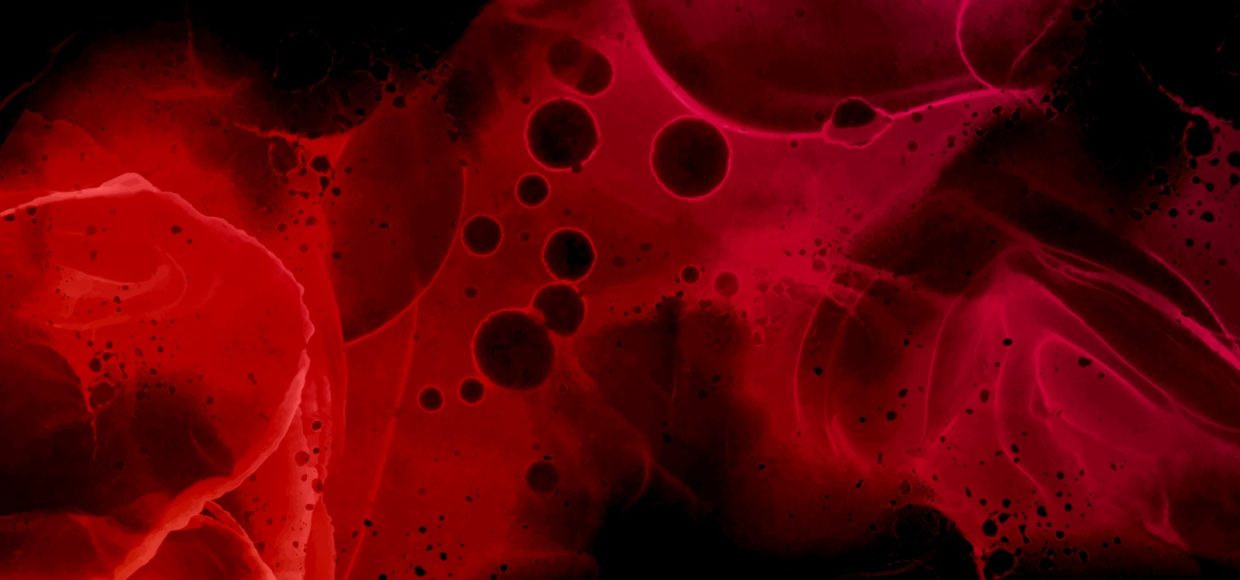Iron Deficiency: Understanding and Managing Low Iron Levels Naturally
Iron is one of the most essential minerals your body needs to function properly. Despite its critical importance, iron deficiency remains one of the most common nutritional deficiencies worldwide, affecting millions of people and significantly impacting their quality of life.
Understanding Iron and Its Role in Your Body
- Iron builds haemoglobin – the protein in red blood cells that carries oxygen throughout your body
- Without enough iron, your cells can’t get the oxygen they need to produce energy
- Iron supports immune function, brain development, and healthy skin, hair, and nails
- Your body regulates iron carefully, but when intake is too low, iron stores become depleted
- If left untreated, iron deficiency can progress to iron deficiency anemia



Recognizing the Signs of Iron Deficiency
Watch for these common symptoms:
- Persistent fatigue and weakness
- Pale skin or pale colouring inside the eyelids
- Shortness of breath during normal activities
- Cold hands and feet
- Brittle or spoon-shaped fingernails
- Unusual cravings for non-food items like ice or starch
- Restless leg syndrome
- Heavy menstrual periods
- Difficulty concentrating
Many people dismiss these symptoms as just being “tired” or “stressed,” but recognizing them early can prevent serious health complications.
Why Women Face Higher Risk
Women are more likely to develop iron deficiency because:
- Menstruation: Women lose 1-2 mg of iron daily through menstrual blood loss (men only lose 1 mg through normal body processes)
- Heavy periods: Create even greater iron demands
- Pregnancy: Blood volume increases and the baby needs iron for development
- Breastfeeding: Extra iron needed for milk production
- Diet: Women often eat less red meat and may follow restrictive diets
- Iron needs: Women of childbearing age need nearly twice as much dietary iron as men
Iron-Rich Foods to Boost Your Levels
Best Animal Sources (Heme Iron – Easy to Absorb):
- Red meat: Lean beef, lamb
- Poultry: Chicken, turkey (especially dark meat)
- Seafood: Salmon, tuna, sardines, oysters, clams
- Organ meats: Liver (highest iron content)
Best Plant Sources (Non-Heme Iron):
- Dark leafy greens: Spinach, kale
- Legumes: Lentils, chickpeas, black beans, kidney beans
- Fortified foods: Iron-fortified cereals and breads
- Whole grains: Quinoa, oats, brown rice
- Nuts and seeds: Pumpkin seeds, cashews, pistachios
- Soy products: Tofu
- Dried fruits: Apricots, raisins, prunes
- Vegetables: Broccoli, peas, baked potato with skin
- Dark chocolate: Contains iron plus antioxidants
Foods That Help Iron Absorption
Eat these WITH iron-rich meals:
- Vitamin C sources: Oranges, strawberries, kiwi, bell peppers, tomatoes, broccoli
- Citrus fruits: Lemons, limes, grapefruit
- Other enhancers: Garlic, onions, meat proteins
Foods That Block Iron Absorption
Avoid these WITH iron-rich meals:
- Coffee and tea (wait 1-2 hours after eating)
- Milk and dairy products
- Whole grains (phytates can reduce absorption)
- Calcium supplements (take separately)
When Diet Isn’t Enough: Iron Supplements
Sometimes you may need extra help beyond food:
- Severe deficiency: May require supplements for faster recovery
- Absorption issues: Some people don’t absorb iron well from food
- Dietary restrictions: Vegetarians/vegans may need additional support
- Heavy periods: May create ongoing iron loss that’s hard to replace with food alone
How Sparkport Pharmacy Can Help:
- Expert guidance: Our pharmacists help you choose the right iron supplement
- Quality products: We stock gentle formulations for sensitive stomachs
- Dosing advice: Learn proper timing to maximize effectiveness
- Safety information: Understand how iron supplements interact with other medications
- Monitoring support: Track your progress and adjust as needed
Tips for Taking Iron Supplements
- Best absorption: Take with vitamin C & with meals to prevent stomach irritation
- Timing: Don’t take with coffee, tea, or calcium
- Consistency: Take at the same time daily
- Patience: It can take 2-3 months to rebuild iron stores
Working with Healthcare Professionals
Important steps for managing iron deficiency:
- Get tested: Blood tests show your iron status and rule out other conditions
- Find the cause: Determine if it’s from poor intake, absorption issues, or blood loss
- Regular monitoring: Track progress and adjust treatment as needed
- Address underlying issues: Treat heavy periods or absorption problems
Taking Action for Better Health
Remember these key points:
- Start with food: Iron-rich foods are the foundation of treatment
- Combine wisely: Pair iron foods with vitamin C sources
- Be patient: Rebuilding iron stores takes time and consistency
- Get support: Work with healthcare professionals and pharmacists
- Don’t ignore symptoms: Early treatment prevents serious complications
At Sparkport Pharmacy, we’re committed to supporting your health journey with expert advice, quality supplements, and personalized care. Whether you need dietary guidance or the right iron supplement, we’re here to help you regain your energy and vitality.
Don’t let iron deficiency hold you back from living your best life – take the first step toward better health today!
Sparkport Pharmacy – Your Trusted Healthcare Partner
Supporting mothers and families every step of the way


